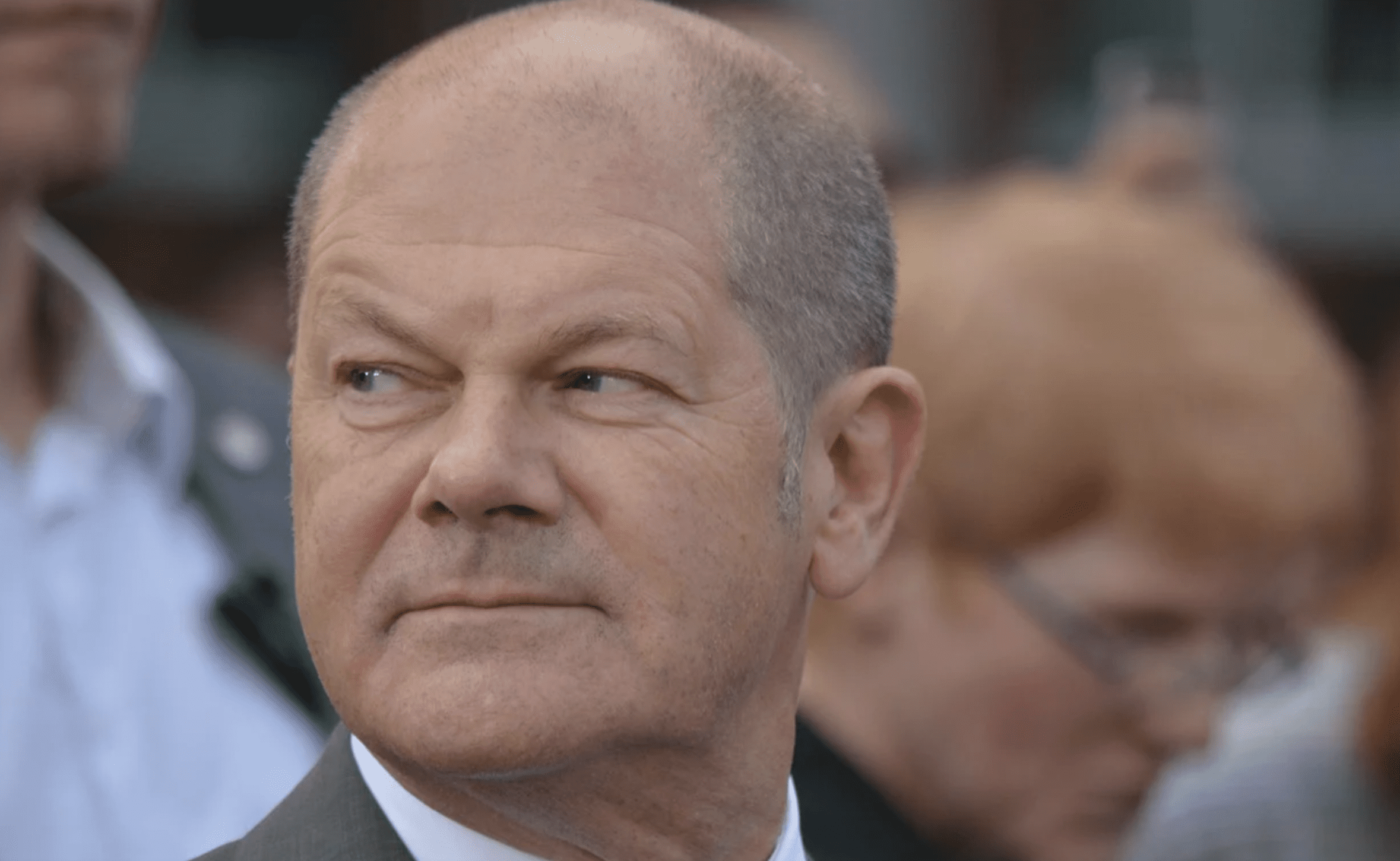
The writing has been on the wall for some time, but on Thursday, September 29th, the German government officially announced the end of the controversial gas levy, while announcing a gas price cap instead. To pay for this, Germany will fill the existing Economic and Stabilization Fund, a measure introduced during the Corona pandemic, with €200 billion of loans, paid for by the federal state, and thus the taxpayer. While this alleviates the immediate pressure on gas customers caused by the gas levy, the new proposal will see taxpayers paying off these debts for years to come.
Federal Chancellor Olaf Scholz of the social-democratic SPD announced the decision on Twitter as a ‘double whammy,’ saying that the “€200 billion economic parachute” would “lower energy prices with a gas and electricity price cap,” as well as “waiving the gas levy for retirees, families, workers, large and small companies. No one stands by himself.”
#Doppelwumms mit 200 Mrd. Euro Abwehrschirm: Wir senken die Energiepreise mit einer Strom- und #Gaspreisbremse und verzichten auf die #Gasumlage. Das machen wir für Rentner, Familien, Arbeitnehmerinnen, große Unternehmen genauso wie kleinere Betriebe. Niemand steht allein.
— Bundeskanzler Olaf Scholz (@Bundeskanzler) September 29, 2022
The exact nature of the gas price cap hasn’t been decided yet; a commission of experts is scheduled to develop a proposal in the near future, according to Minister of Economy Robert Habeck (Greens). Habeck said the energy crisis may turn into an economic and social crisis. The German economy is facing “an attack by Russia” and the “regime of President Putin”—an attack that the government will be countering with its “€200 billion economic parachute.”
Chancellor Scholz also stressed the guilt of Russia, a country “weaponizing its energy deliveries.” He said that in the wake of the destruction of the Nord Stream pipelines it has become clear that there will be no more gas deliveries from Russia “for the foreseeable future.”
Minister of Finance Christian Lindner of the liberal FDP called upon the christian-democratic opposition of the CDU to support the “economic parachute.” Referring to the war between Ukraine and Russia, he said that “we’re in the midst of an energy war for prosperity and freedom.”
The size of the “€200 billion economic parachute” reflects this situation. As such, Lindner expects “that in situations like these” the CDU/CSU-Union should follow suit. Lindner admitted that much of what people had built up over the past decades is currently being destroyed, but then called the program of the government a “crystal clear reply to Putin.”
